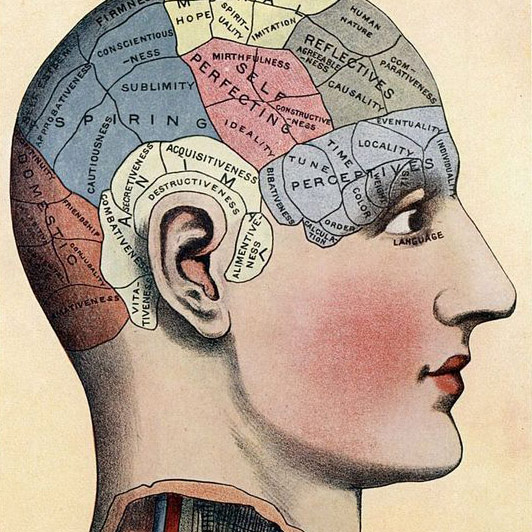
MONDAY, April 29 (HealthDay News) — Eating fish, chicken, olive oil and other foods rich in omega-3 fatty acids while staying away from meats and dairy — the so-called Mediterranean diet — may help older adults keep their memory and thinking skills sharp, a large new U.S. study suggests.
Using data from participants enrolled in a nationwide study on stroke, the researchers gleaned diet information from more than 17,000 white and black men and women whose average age was 64.
The participants also took tests that measured their memory and thinking (cognitive) skills. During the four years of the study, 7 percent of the individuals developed problems with these skills, the researchers reported.
“Greater adherence to Mediterranean diet was associated with lower risk of incident cognitive impairment in this large population-based study,” said lead researcher Dr. Georgios Tsivgoulis, from the University of Alabama at Birmingham as well as the University of Athens, in Greece.
There was no evidence of racial or regional differences in response to the diet. However, the diet did not help diabetics ward off mental decline, Tsivgoulis said.
“It may also be that the benefit of a Mediterranean diet differs in people with different diseases,” Tsivgoulis said.
Because there are no definitive treatments for dementia, anything people can do to possibly delay the onset of symptoms, such as modifying their diet, is very important, Tsivgoulis noted.
The report was published in the April 30 issue of Neurology.
An earlier study published in the journal last year suggested that foods rich in omega-3s might help guard against Alzheimer’s disease by affecting levels of a specific substance in the brain.
Dr. Sam Gandy, associate director of the Mount Sinai Alzheimer’s Disease Research Center in New York City, said this latest study “is further support for the benefit of Mediterranean diet.”
This important paper should be used to guide clinical practice, he suggested.
“The best way to minimize Alzheimer’s disease is with 30-minute sessions three times a week of brisk walking or weight lifting, maximizing mental activity and a Mediterranean diet,” Gandy said.
“This is the best prescription for maintaining of mental function that we have in hand right now,” he said.
In the study, the investigators found that those who followed the Mediterranean diet were 19 percent less likely to develop thinking and memory problems. This finding was the same for both black and white participants.
The single exception was the 17 percent of the participants who had diabetes. Among these people, the Mediterranean diet didn’t appear to prevent thinking and memory difficulties from developing, the researchers found.
Although the study found a lower rate of these symptoms of early dementia in people who followed a Mediterranean diet, it did not establish a cause-and-effect relationship.
Further research is needed to generalize these results to other groups, and to establish how the Mediterranean diet exerts its neuroprotective effects on mental status, Tsivgoulis said.
More information
To learn more about dementia and Alzheimer’s disease, visit the U.S. Department of Health and Human Services.

